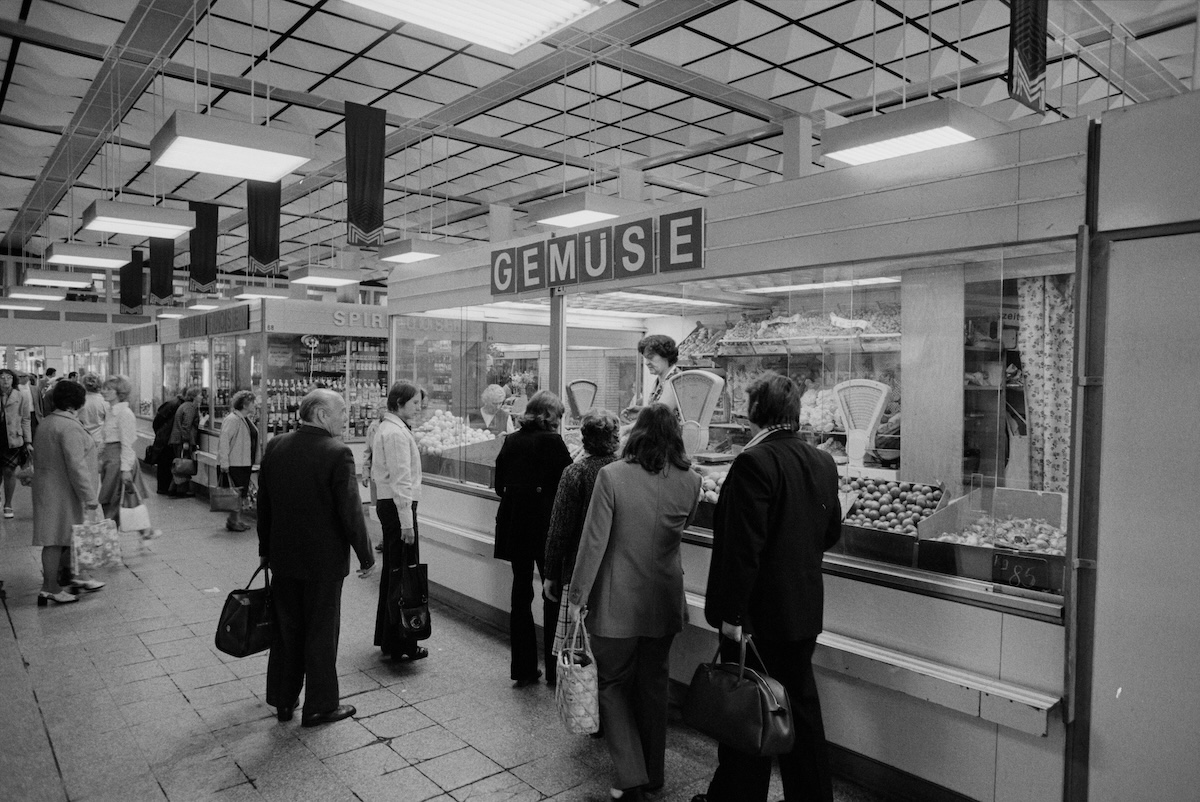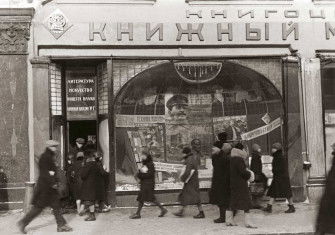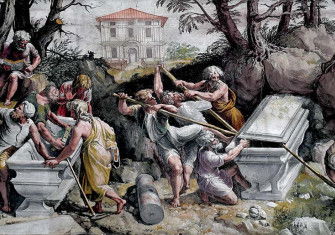Stealing a Living in East Germany
Theft in East Germany was so common as to be nicknamed ‘the people’s sport’. Why were citizens of the GDR so light-fingered?

On 13 April 1972, East Germany’s Attorney General Josef Streit wrote to Erich Honecker, then leader of the ruling Socialist Unity Party (SED), to request that the state’s crime rate not be published in the 1971 edition of the regime’s annual statistical yearbook. Up to this point a limited set of figures regarding acts of ‘everyday criminality’ such as burglary, theft, robbery, assault, arson, rape and murder had appeared in the book, which was available to the general public. This year, however, Streit was concerned: the latest figures showed that the rate of everyday criminality had jumped 18.5 per cent between 1970 and 1971. Such a sharp increase might supply the West with ammunition ‘to develop vile propaganda’ against the East.







